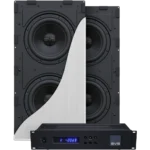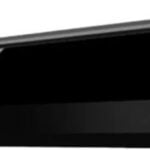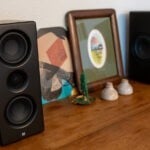DaveD'
Stunt Coordinator
- Joined
- Oct 26, 2003
- Messages
- 82
I've rummaged through some threads and I've heard of you guys putting certain tracks on repeat. I'm guessing you choose a track with a full range of sound? Any suggestions? Also, how long does it usually take to break them in, and how loud do you play them during this time? Low? Low to high? Low, high, low, high, etc.? Thanks guys, so close to having my dream theater. 





